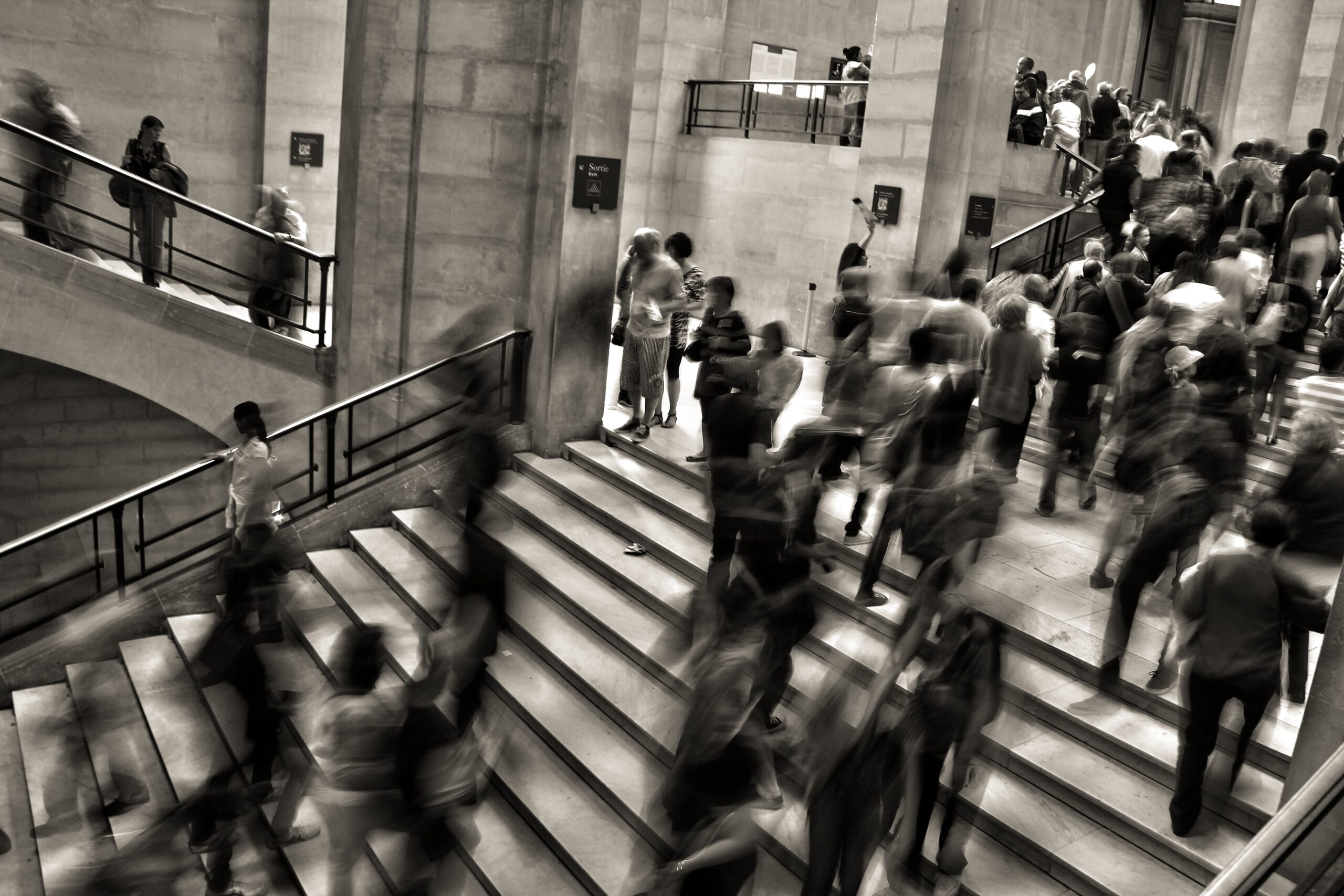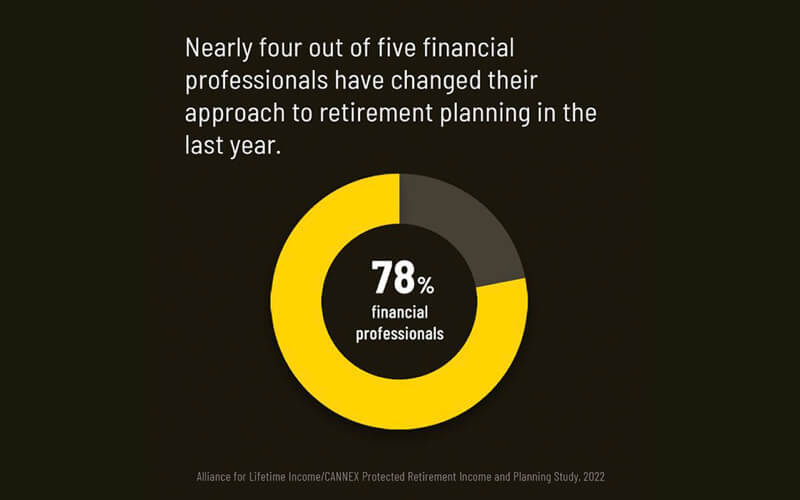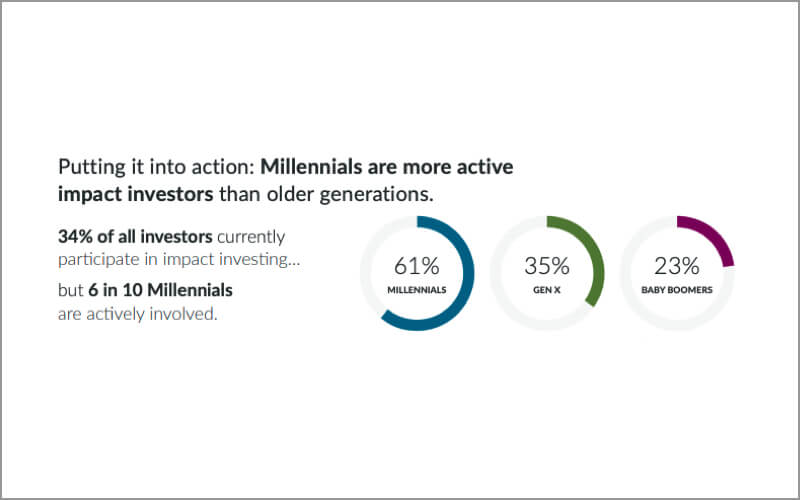If you’re an NPR listener you may have heard Kai Ryssdal on Marketplace talking about Americans’ financial anxiety. Marketplace has been conducting a periodic survey of Americans for the last year to gauge their level of financial anxiety. They’ve also related their findings to how people feel about the election. In NPR fashion, they invite their audience to dig into their data. So that’s what we’ve done. Here’s what stands out to us:
- One-third of Americans (34%) feel financially secure, while four in 10 (39%) feel slightly secure and a quarter (26%) are not secure.
- One in five (22%) report that they frequently feel anxious about their financial situation and another two in five (42%) sometimes feel anxious, indicating that a majority of Americans are experiencing quite a bit of anxiety about their financial situations.
- Finally, about four in 10 (42%) feel stuck in their current financial situation while the majority (52%) feel they have opportunities to advance beyond their current financial situation.
This paints a sobering picture and helps to explain the divide we have heard so much about in this political season. We’ve appreciated this Marketplace survey because it helps explain the current political conversation, and also because it is a reminder of how central financial concerns are in people’s lives.
Artemis has been doing our own examination of financial anxiety through our Motivations Assessment Program™. We find similar high levels of financial anxiety among the American public. Our analysis probes the specific triggers that create anxiety, and it examines the impact anxiety has on the financial decisions that people make.
Does anxiety paralyze financial decision-making?
Triggers of financial anxiety: In our research we’ve found that quite a few factors contribute to feelings of financial anxiety. Some are tied to an immediate financial situation. But larger and more intangible factors also contribute to that anxiety and make it a pervasive force even among people who are not personally financially stretched.
- Concern about the condition of the overall economy is the largest single source of anxiety. This illustrates the negative effect of a political dialogue focused on “what’s wrong with America.”
- One’s current financial situation and how it affects the ability to pay for necessities is a strong source of anxiety. For instance, Americans are concerned about living from paycheck to paycheck as well as about health issues and the associated costs. Job loss is the ultimate anxiety trigger.
- Feeling a sense of loss—not being able to afford what you used to—is another important source of anxiety. In our survey, we’ve found a surprisingly large number of people who say their top financial priority is making up for a past problem that negatively affected their finances.
The emotional impact. One giant impact of anxiety is the emotional toll it takes. Anxiety is highly associated with a sense of vulnerability, and it impacts one’s sense of being in control of circumstances. Furthermore, financial anxiety can contribute to anxiety in other areas. We find that those who feel most financially vulnerable also feel most vulnerable about their health, for example. People who are highly anxious about finances also tend to feel overwhelmed by the decisions they need to make. Anxious people feel less in control of their circumstances and consequently are less likely to believe that they can do anything constructive to improve those circumstances.
This helps us interpret the Marketplace survey finding that four in 10 Americans feel they don’t have a way out of their current challenging financial situation. In many respects they are in a state of paralysis.
Acting in one’s own interest. When it comes to the specific financial actions that people take to pursue their personal goals, those who are highly anxious differ from others in several important respects. First, they focus on the basics, often because of tight finances. They are more likely to look for ways to reduce spending and to find supplemental income. They are less likely to save for any purpose, including emergencies. Lastly, those experiencing financial anxiety have the same orientation as others to reduce debt. This study further illustrates what we have seen in studies of Americans for the past few years: we’re collectively in a debt reduction mode.
A discouraging difference is that anxious people are less likely than others to take some of the actions that might help them improve their longer term situations. They are less likely to try to become more knowledgeable about finances, to monitor their finances, and to seek advice…all things that could give them more tools and more control.
Finding the antidote to anxiety. Financial anxiety often is a response to a real financial challenge. The problem, as our analysis underlines, is that the anxiety this stress creates can push people to neglect some of the steps that might help them dig out of their problems. The solution is easier to verbalize than it is to put into action. If people feel a sense of control over their circumstances, they are more energized to seek solutions. Without that sense of personal control, financial anxiety is going to slow actions that might improve the situation.
Financial anxiety is certainly a dilemma for many in our society. Finding ways to boost Americans’ sense of financial control is a challenge for the private and public sector. We think (and hope) that it’s a surmountable challenge.




